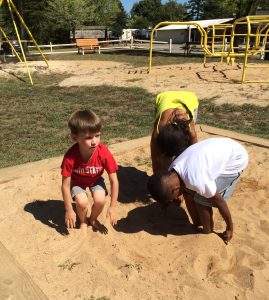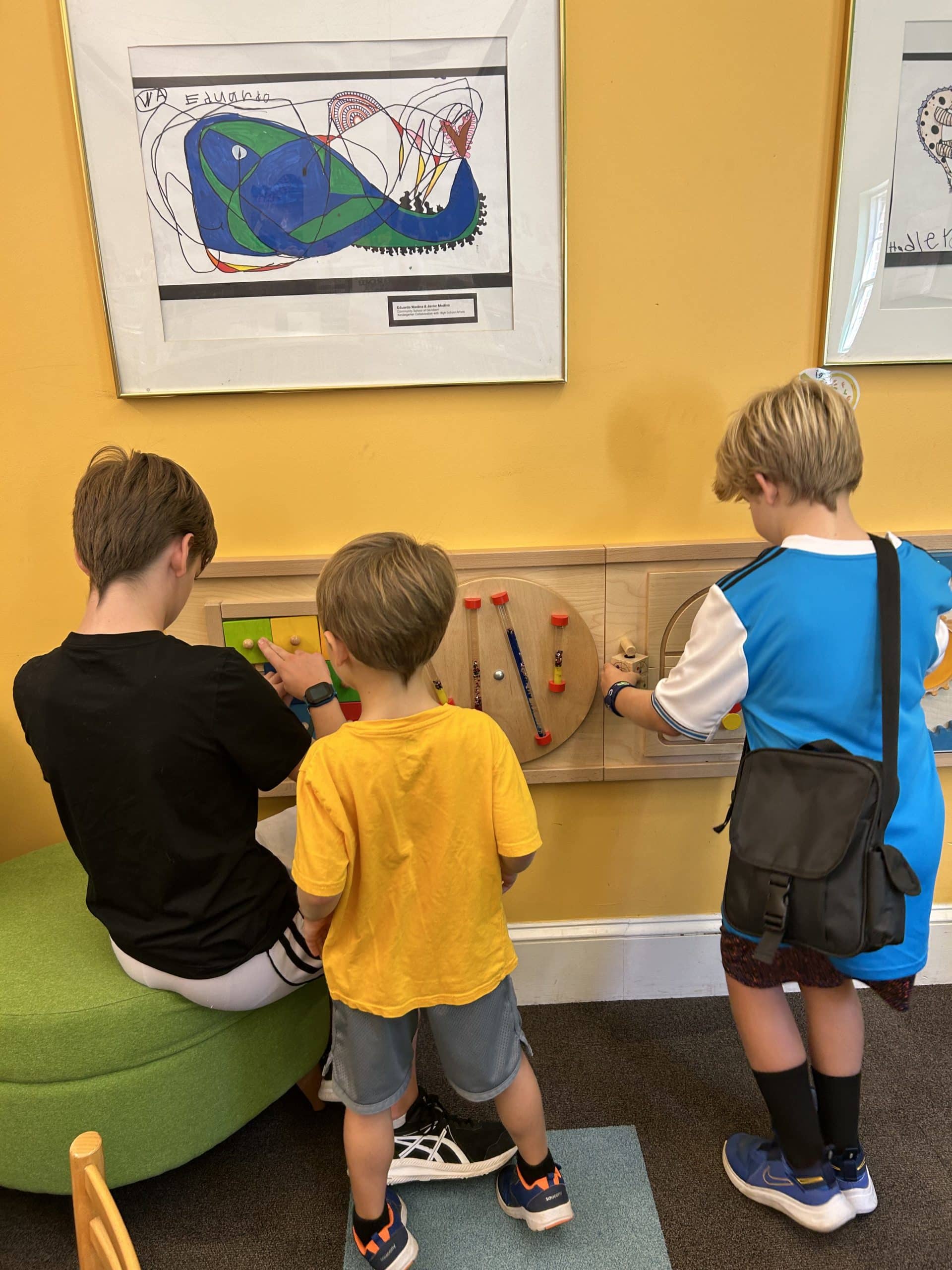Racism is a part of life. But, are we born into it or is it taught? Some research states that young children are not born into being judgmental about other children or people. They are gradually taught – or not taught. So where and when does it begin?

Racism or an awareness of physical bias doesn’t totally develop until the teen-age years. However, resent research from Harvard University suggests that very young children exposed to racism lean toward its acceptance as young as the age of 3. In fact, research indicates that 3 and 4 year olds show the same level of bias as adults.
Children, at an early age, notice differences in others. They notice differences in height, eye color and skin color. Young children notice if hair is short, long, curly, or straight. However, the way children interpret what they observe is affected by many variables. These variables include what they see and hear at home, at school and while playing with other children. They also form impressions from media.
Many times, people’s statements are unintentional. We need to rethink our own biases and prejudices. Teachers and parents must be careful not to place labels on others. We need to prevent racism by encouraging children to see people as people, and not as groups.
Encountering Racism
Educators and parents must counter the bias children see and hear on media or with friends and family. When a child comments on something or someone looking ‘funny’. A proper response would be to say ‘It is different…’
When we immediately take time to discuss a comment or a question a child has, we create a risk free climate for sharing concerns. By creating a risk free climate children are able to
• clarify misconceptions,
• become more comfortable with the differences they see,
• have verbal communication with the vocabulary to speak positively about themselves and other’s differences.

Address Issues
The important thing to remember is not be be embarrassed by what is being asked. Too often educators and parents respond by telling a child that their statement or question isn’t nice. Ignorance doesn’t produce a bias-free child. Racism comes from both nature and nurture. When educators and parents refuse to talk about it, racism will continue to grow.




